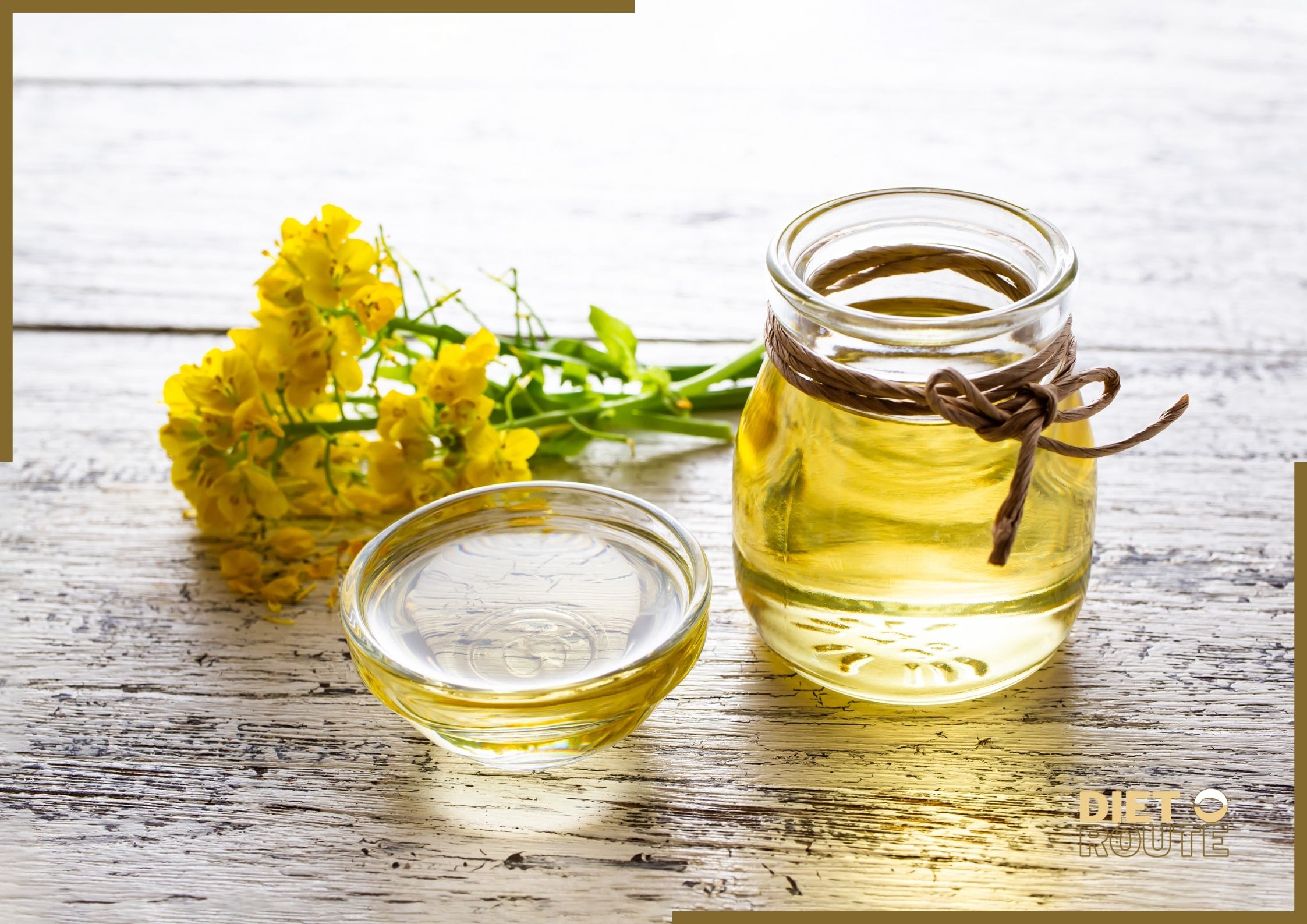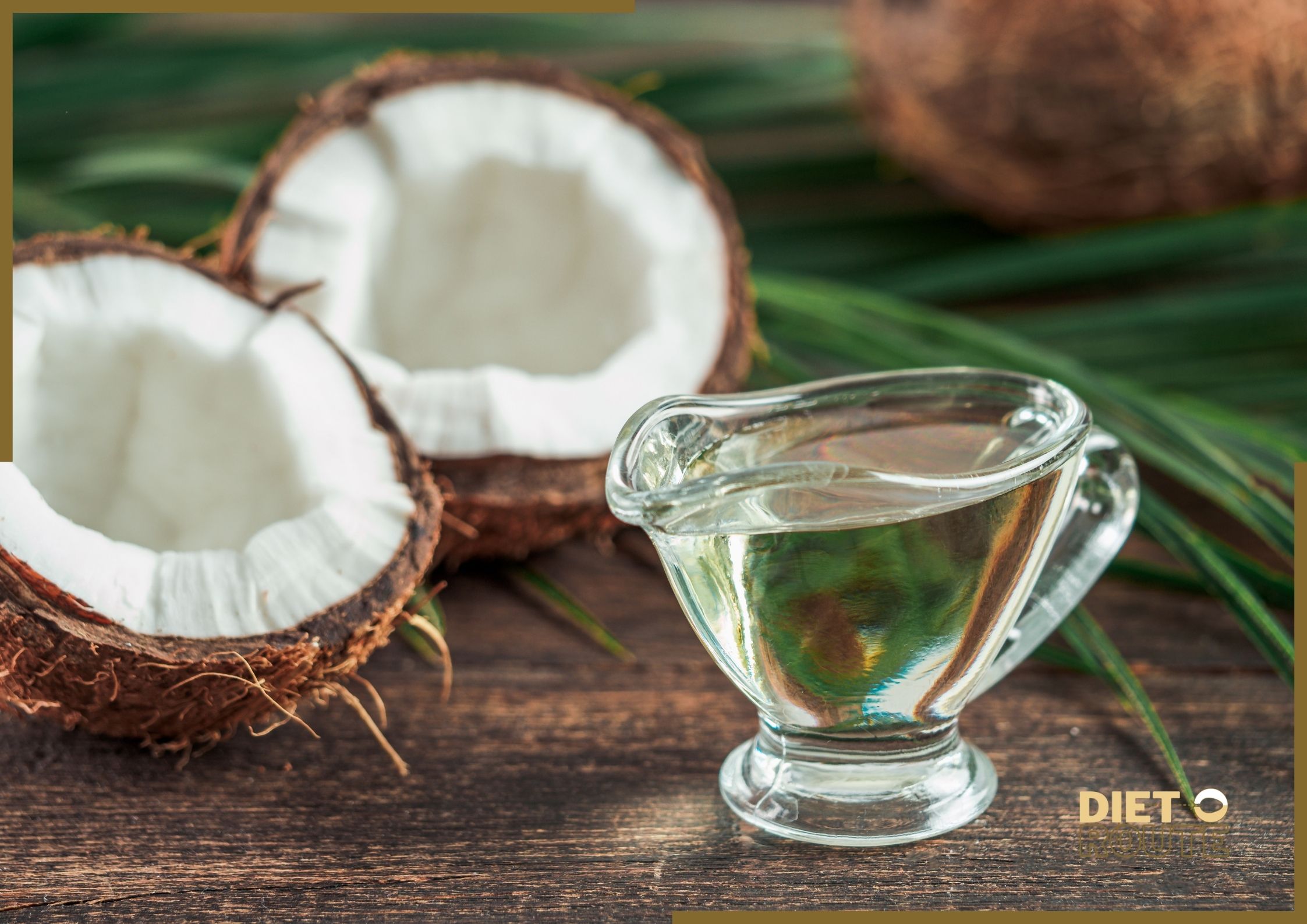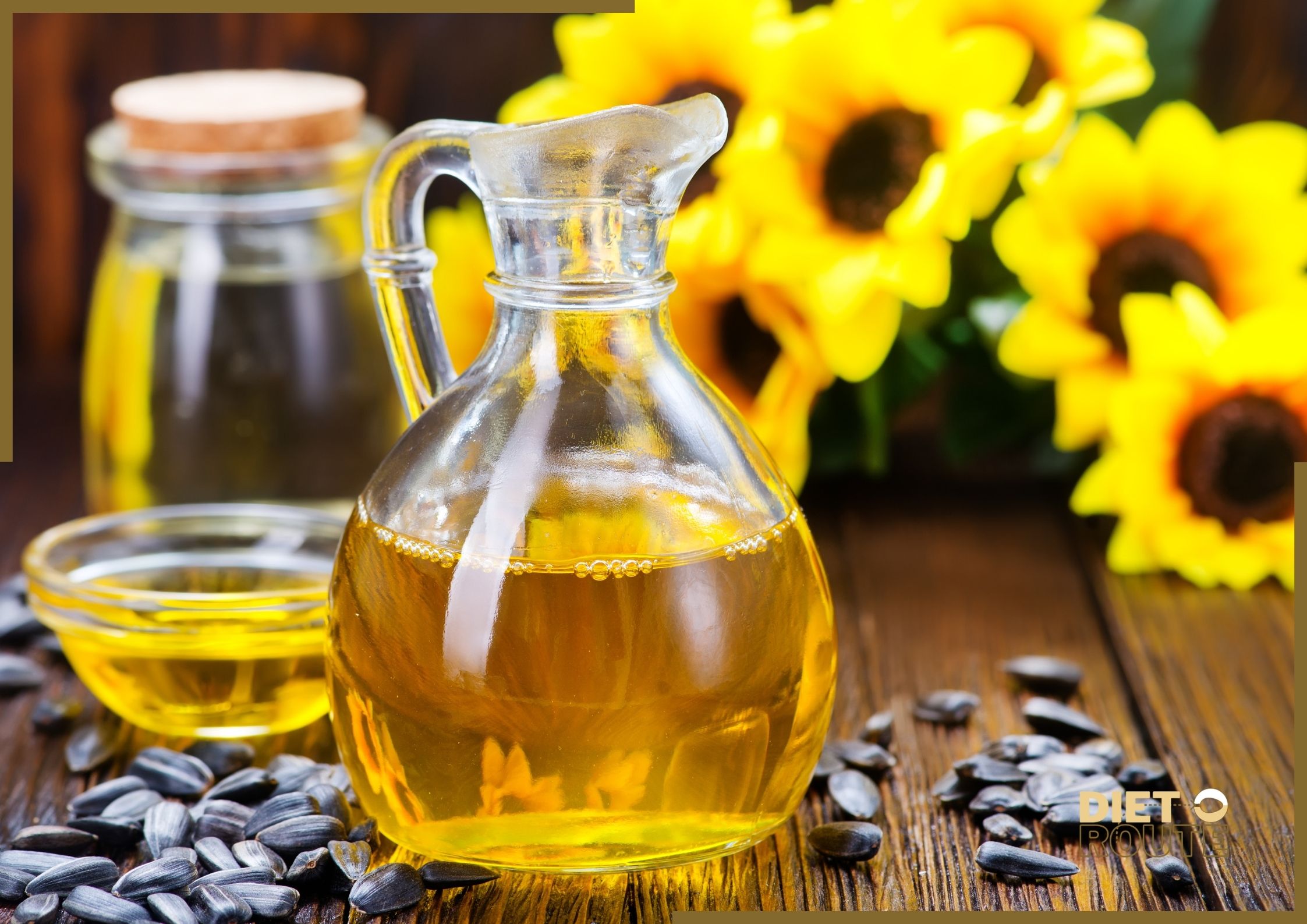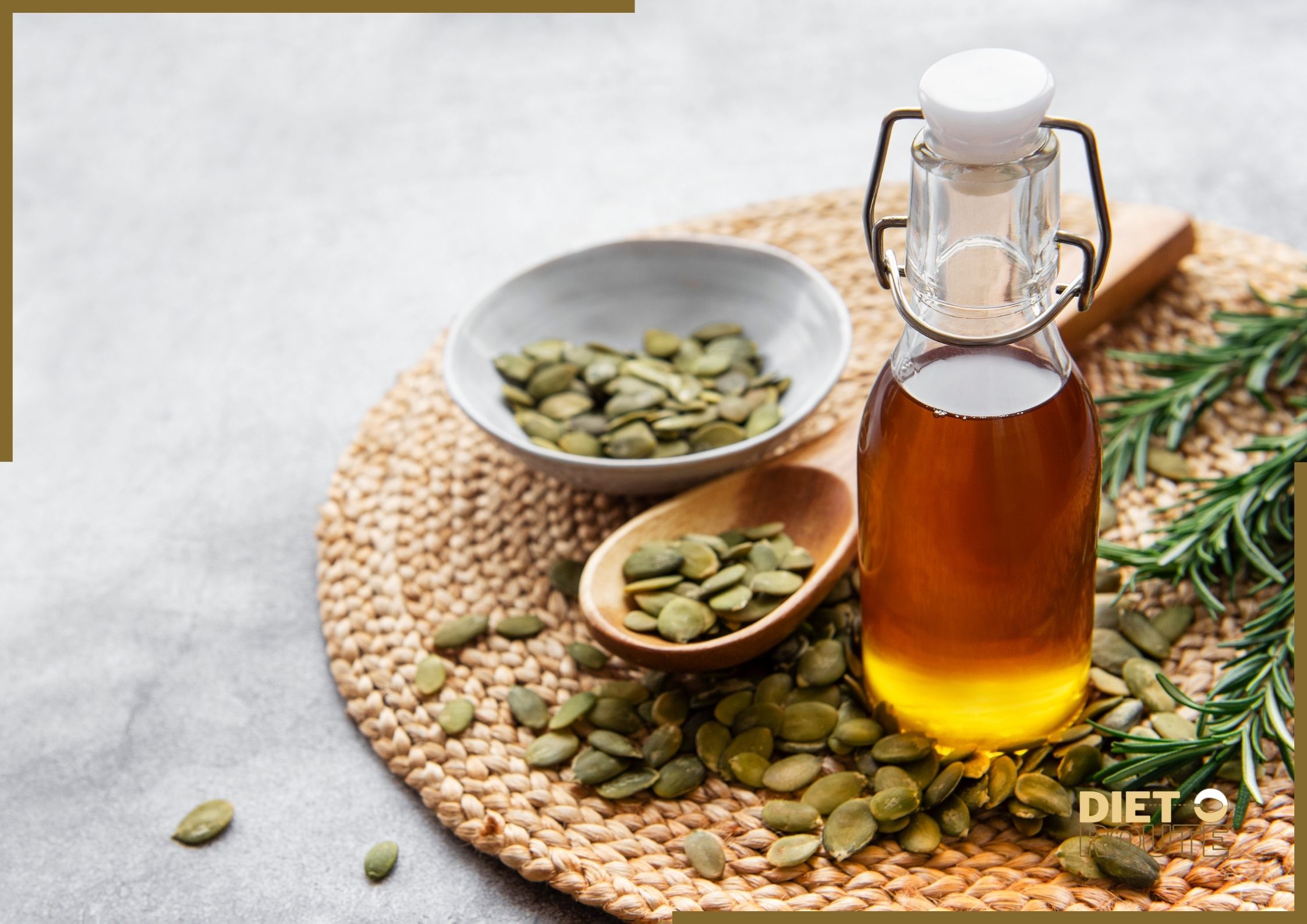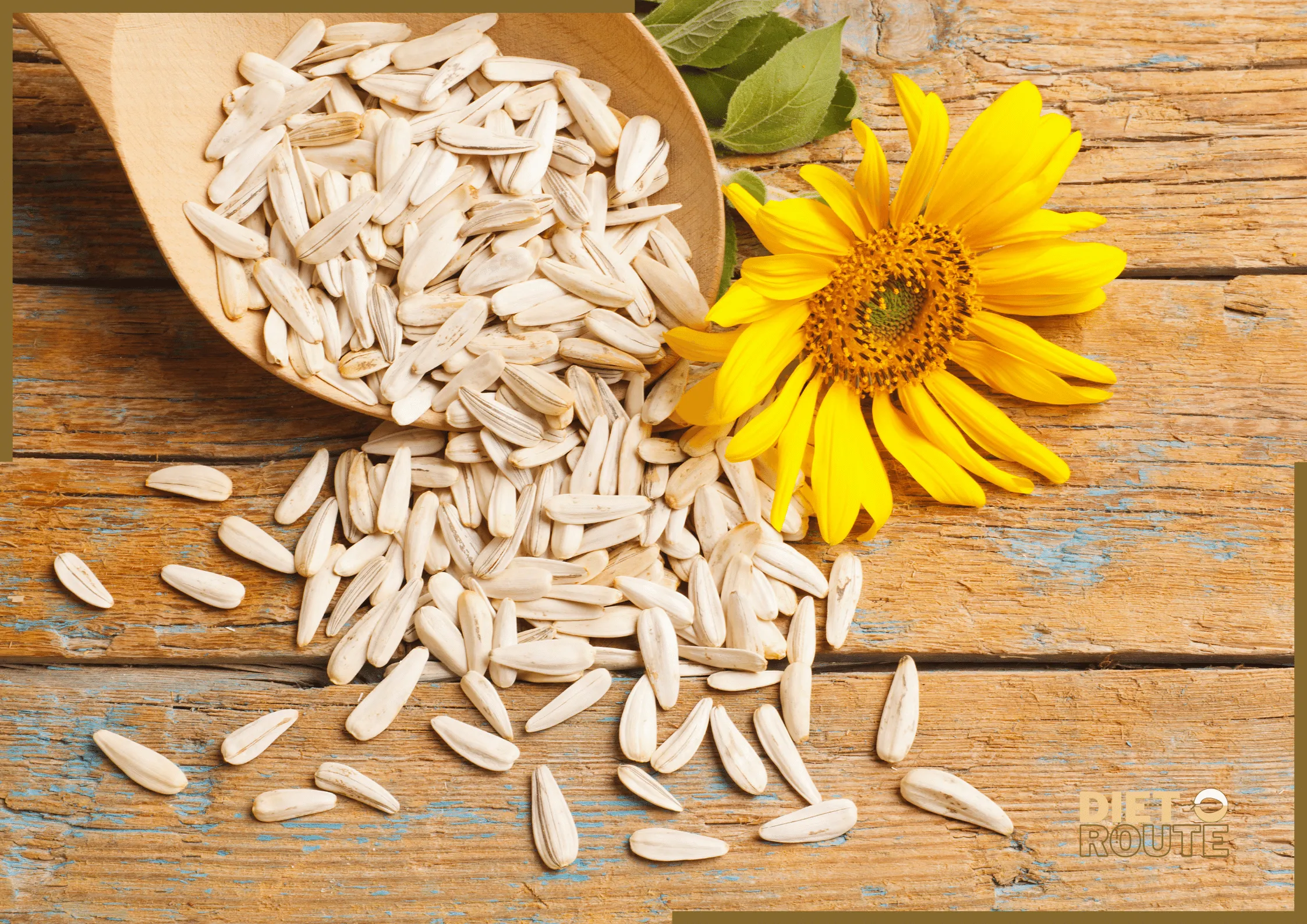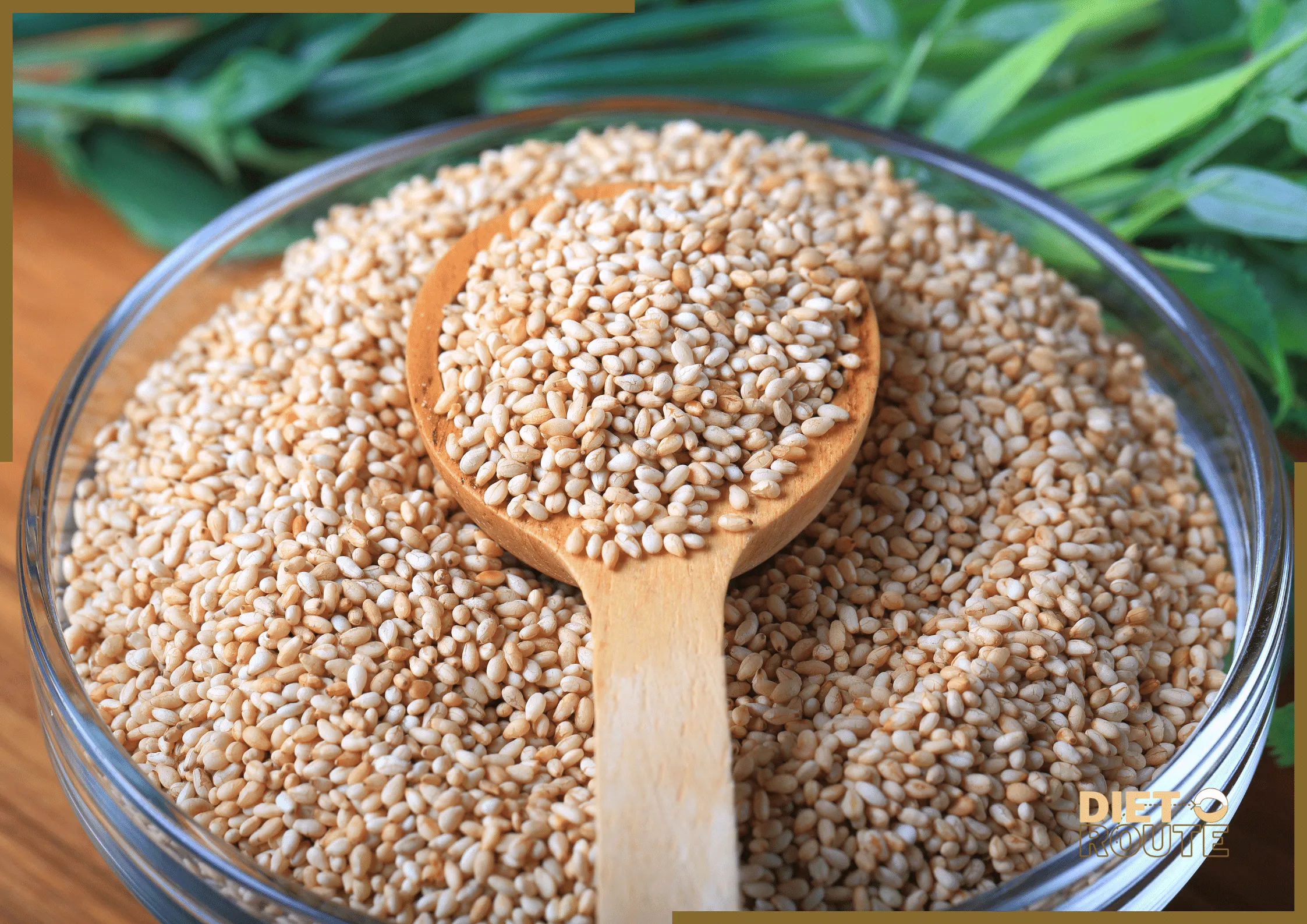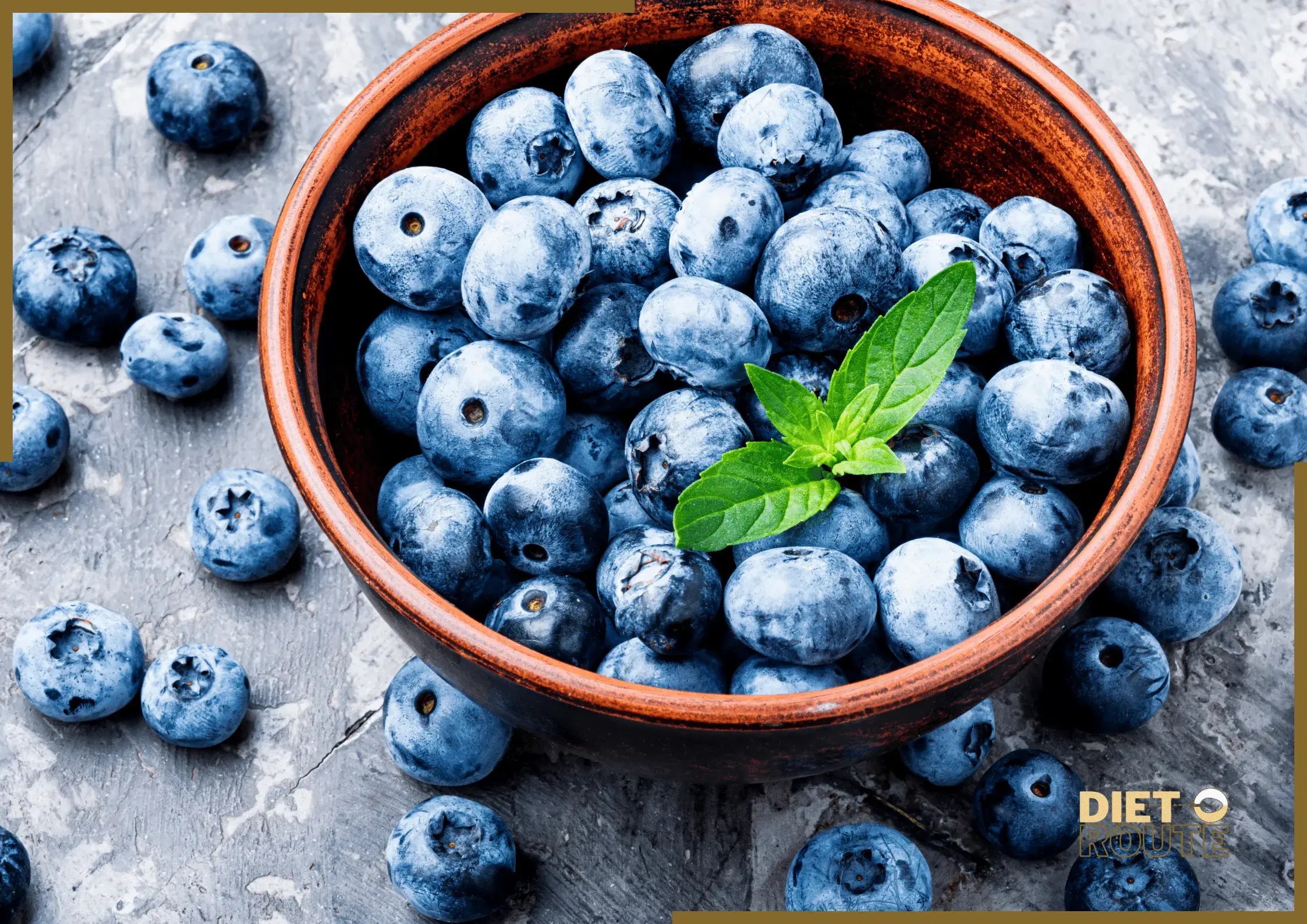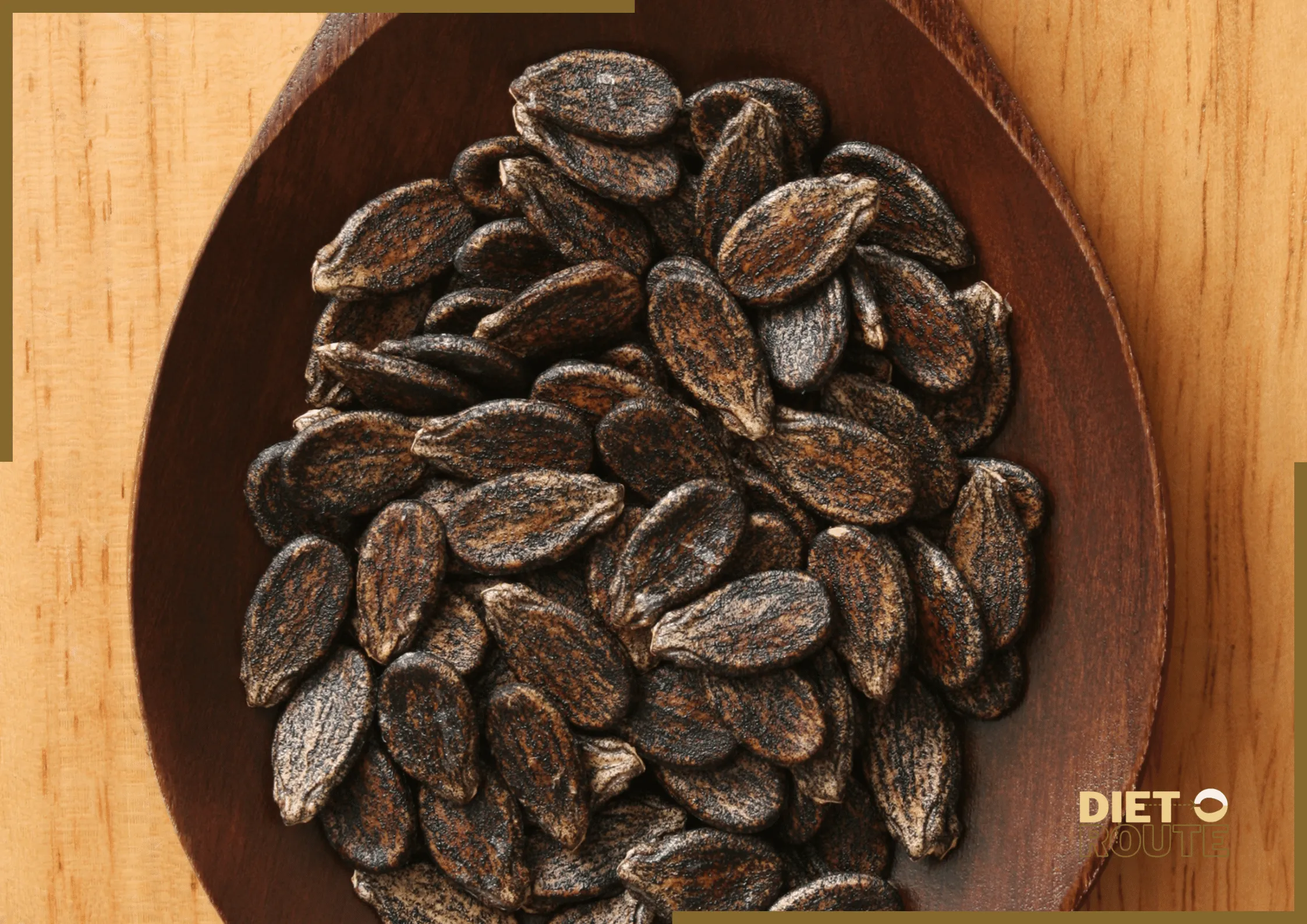Table of Contents
Introduction
Edible canola oil is a popular cooking oil that is known for its mild taste and versatile uses in the kitchen. In this piece, we’ll look at the nutritional value, give you a table showcasing its health profile per 100 grams, talk about the benefits and drawbacks of eating canola oil, respond to common questions, and help you understand its role in a healthy diet.
Nutritional Value Approximately 100g
| Nutrient | Amount Per Serving (1 tablespoon) | % Daily Value |
|---|---|---|
| Calories | 120 | 6% |
| Total Fat | 14g | 18% |
| – Saturated Fat | 1g | 5% |
| – Trans Fat | 0g | |
| Monounsaturated Fat | 9g | |
| Polyunsaturated Fat | 3g | |
| Cholesterol | 0mg | 0% |
| Sodium | 0mg | 0% |
| Total Carbohydrates | 0g | 0% |
| – Dietary Fiber | 0g | 0% |
| – Sugars | 0g | |
| Protein | 0g | 0% |
| Vitamin E | 2.4mg | 16% |
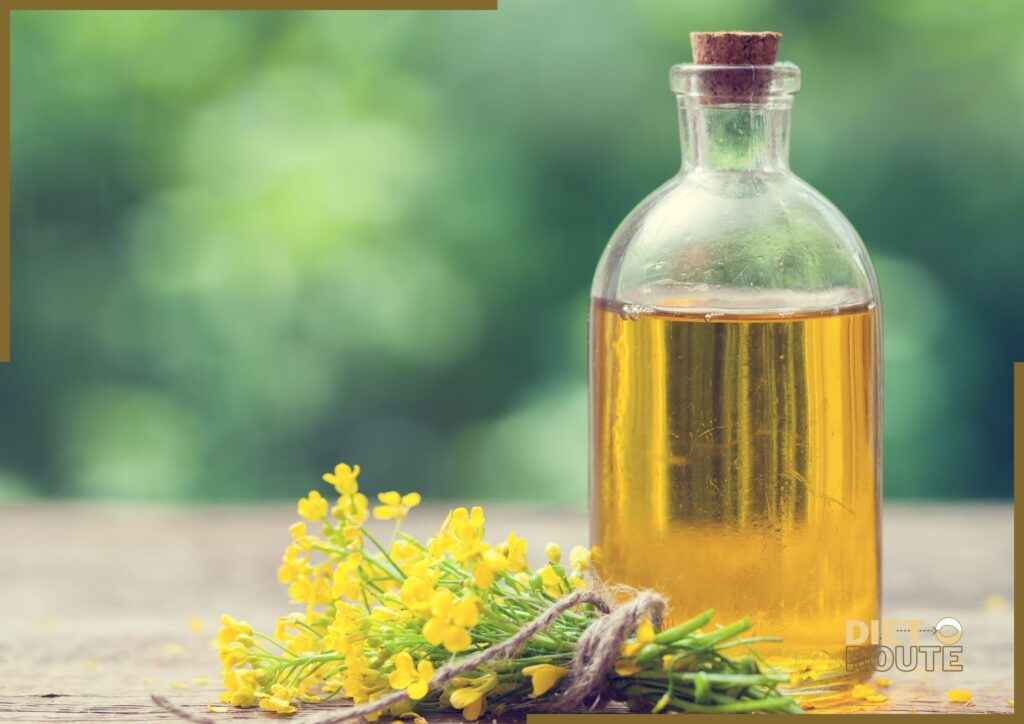
Pros
1. Heart-Healthy Fats:
It is high in monounsaturated fats and low in saturated fat, both of which are beneficial for heart health when consumed as part of a well-balanced diet.
2. Omega-3 Fatty Acids:
Omega-3 Fatty Acids: Omega-3 fatty acids found in it may contribute to overall health and well-being because they have anti-inflammatory properties.
3. Versatile Culinary Uses:
It has a neutral flavor and a high smoke point, making it suitable for a wide range of cooking techniques, such as frying, baking, and sautéing.
4.Nutrients:
It is a good source of vitamin E, an antioxidant that helps protect cells from damage.
Cons:
1. The majority of canola oil sold on the market goes through a lengthy processing process that may involve chemicals and high heat. It may be better to choose canola oil that has been cold-pressed or barely processed.
Frequently Asked Questions (FAQ)
1. Is edible canola oil suitable for high-heat cooking?
Yes, it has a high smoke point, making it suitable for cooking at high temperatures.
2. Is it possible to substitute canola oil for butter in baking?
Yes, you can substitute butter for it in baking recipes. But it may change how the end product feels and tastes.
3. Is it genetically modified (GMO)?
Genetically engineered canola crops make up the vast majority. But there are products on the market that are not made with GMOs and are organic.
4. Can canola oil help lower your cholesterol?
It is low in saturated fat and includes phytosterols, which may help lower cholesterol when consumed as part of a heart healthy diet.
5. Does this oil stay good for a long time?
It has a fairly long shelf life and can be stored in a cool, dark location to maintain its quality.
6. Is canola oil suitable for individuals with nut allergies?
Because it comes from the rapeseed plant and is not a nut, it is usually considered safe for individuals with nut allergies.
7. Can you make salad dressings with canola oil?
Yes, you can use it in salad dressings because it has a light, neutral taste.
8. Does canola oil have enough important fatty acids?
Omega-3 and omega-6 fatty acids, which are important for good health, are found in it.
9. Can taking canola oil help you lose weight?
It can contribute to weight loss efforts by providing healthier fat choices when used in moderation as part of a balanced diet.
10. Can diabetic individuals consume canola oil?
For individuals with diabetes,it is usually regarded as safe. But it’s important to watch how many calories and carbs you eat generally.
In A Nut Shell
A versatile cooking oil with many health advantages is edible canola oil. It is low in saturated fat, high in heart-healthy monounsaturated fats, and full of important nutrients like vitamin E. It can be beneficial to a balanced diet, but because of its high calorie content, it should be used in moderation. For a healthier option, think about opting for varieties that have been barely processed or are cold-pressed. Always talk to a healthcare professional or registered dietitian for personalized help on how to add this oil to your diet.
